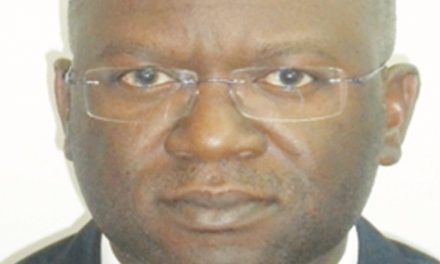
Governance agreements long overdue
The Ministry of Finance will next week become the latest ministry to sign governance agreements with seven board chairpersons of state-owned enterprises that falls under the auspices of the ministry. Although long overdue, this move is largely welcomed as finally there will be some benchmarks against which the various boards will be measured.
Although there is a State-Owned Enterprises Governing Council which was established under the State-Owned Enterprises Act, 2006, the council’s power to effect real change in parastatals and holding board members and their management to account, has largely been ineffective. Most state owned enterprises continue to drain millions of dollars from the fiscus for various reasons, but largely due to dead wood leadership.
The signing of these governance agreements brings hope that they will likely spur board members to greater performance as those found wanting will be shown the door, hopefully for good.
It is important that those that fail to deliver should not be recycled or allowed to reappear at other parastatals. It’s high time that our political leaders show that they are committed to better service delivery in the public sector and all those that cannot perform should not be entertained. It should be as easy as that.
Namibia has many capable business people who, because of a lack of proper governance agreements or performance agreements, have been reluctant to join the public service as they fear for interference from political leaders which may render them ineffective in their roles.
The governance agreements are usually used to assess the suitability of board members’ continued appointment and to assess whether the board has met its performance expectations. They will be used to monitor and measure performance against set expectations as well regulate the relationship between the line minister and the board.
The board in turn should sign performance agreements with its executive management team giving them clear mandates. In the absence of the governance agreements or performance agreements, when a parastatal does not perform, which is usually the case, blame is shifted from the line minister to the board and ultimately the CEO or MD becomes the fall guy. These governance agreements will provide a clear mandate for the board members and define their roles and responsibilities. Hopefully they will put to an end the blame game that has been played for so long at the expense of performance.
Line ministers shouldn’t be allowed to interfere in the day to day running of SOEs unless it is really necessary. Those appointed in the various boards should be allowed to set goals for their management teams of which failure to achieve these goals will result in heads rolling.
At the moment , it is a free for all; some ministers behave as if they are part of the executive management of the parastatals, which is a problem. Equally, some board members are also involved in the day to day operations of the SOEs which naturally results in clashes and poor performance. Board members should be told to back off from the day to day running activities of parastatals. Their role should be to set mandates and to monitor the performance of their management teams.
While a number of parastatals are still to sign the governance agreements, I hope that with those that have already done so, the agreements will bring to an end the friction that has existed between line ministers, board members and executive managers of SOEs. There should be a clear line of authority and responsibility. There shouldn’t be any interference whether from the line ministers or from board members on the day to day running of SOEs otherwise their performance will continue to suffer.











































